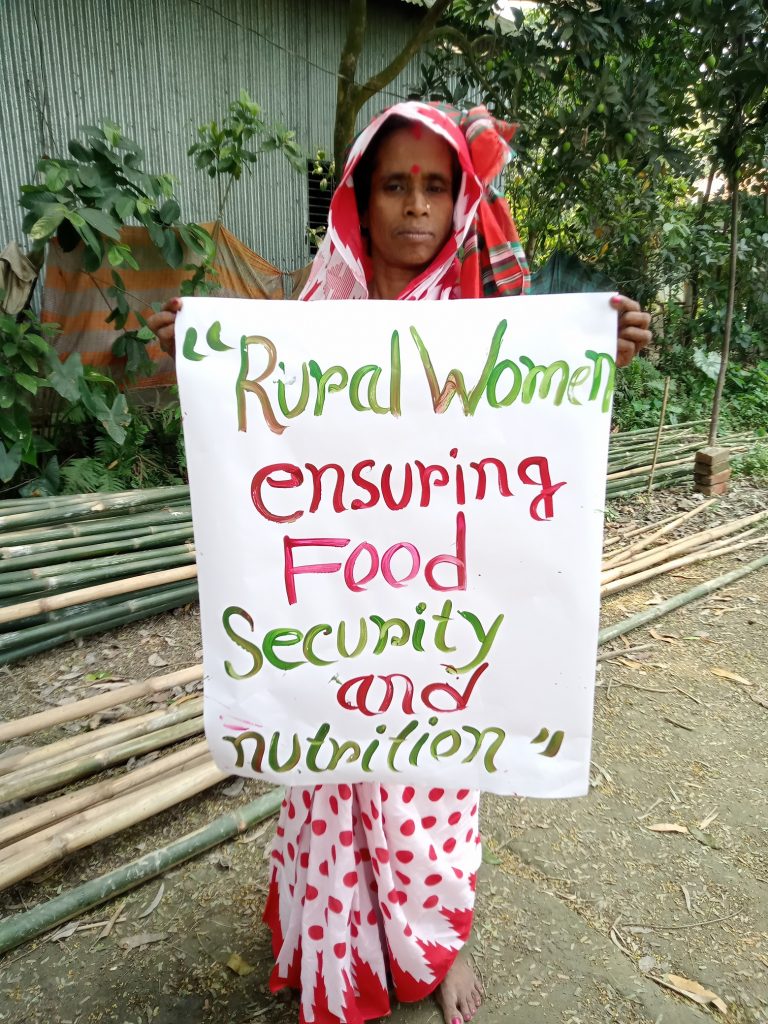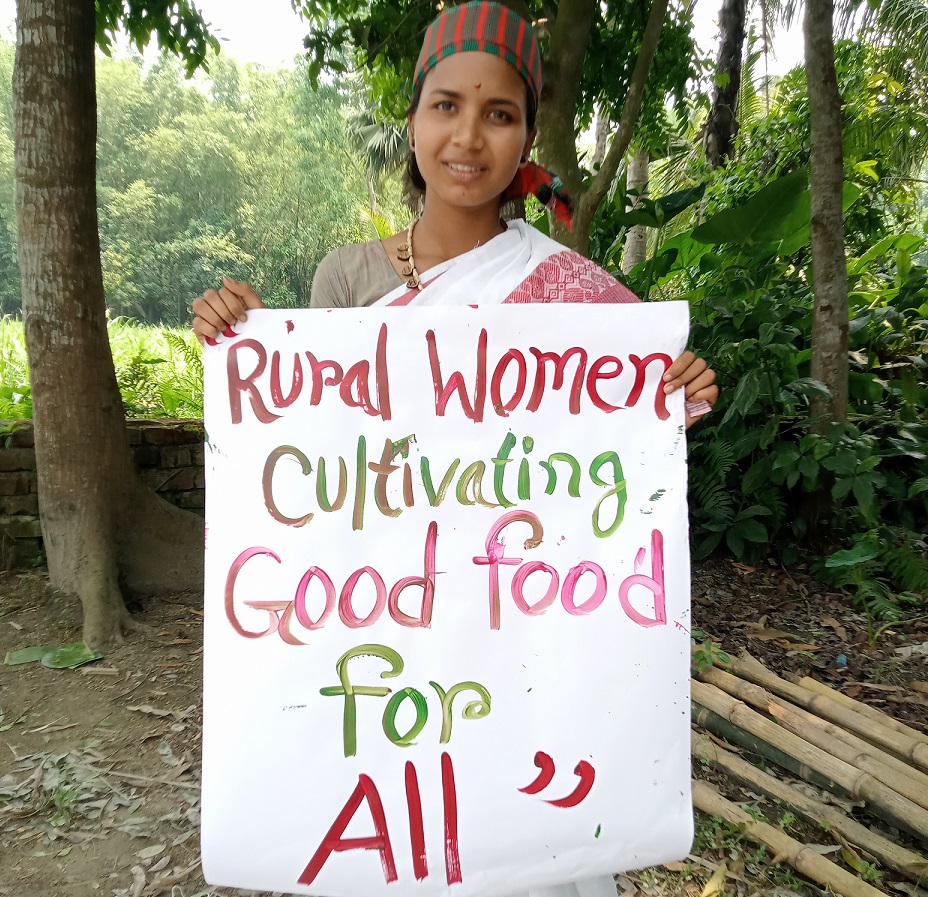By Rina Akter, Singair, Manikganj
Pahela Baishakh stands as a symbol of Bengali heritage and culture. For generations, women have played a vital role in this universal celebration of Bengali New Year. Continuing that tradition, a Summer Food Festival was held on the occasion of Pahela Baishakh 1432 in Binodpur Rishipara village under Singair Upazila of Manikganj district.

The event was jointly organized by Ghonapara Women’s Development Organization, Konkolota Adolescent Girls’ Club, and Binodpur Rishipara Women’s Development Organization, with facilitating support from BARCIK. People of all ages men, women, adolescents, youth, and elders—participated in the vibrant celebration.
Local women showcased around 45 varieties of traditional summer dishes served on eco-friendly banana leaf plates. The items included yogurt, flattened rice, puffed rice, roasted rice flour, cane molasses, soaked rice, vegetable khichuri, drumstick leaves curry and mash, jute leaf stew and stir-fry, mango dal, mashed centella leaves, bitter gourd fry, mashed potatoes, eggplant and pointed gourd fries, wood apple sherbet, and stir-fried bitter melon leaves, among others.
The women not only presented the dishes but also explained the ingredients, preparation methods, and nutritional benefits of each item. Some shared emotional childhood memories associated with the traditional foods.
The festival provided a comprehensive glimpse into the traditional food culture of Bengal, which historically revolved around the knowledge and skills of women. Today, with the increasing use of chemical fertilizers and pesticides in commercial agriculture, the environment and human health are under threat. In contrast, the natural and safe food practices of rural women offer a sustainable alternative.

Discussions at the event highlighted how these women not only meet the nutritional needs of their families but also build community ties through the exchange of home-grown produce and seeds, and generate income by selling surplus food. However, their contributions often remain unrecognized.
Organizers emphasized that such festivals are not merely celebratory—they serve as powerful platforms to promote women-led food knowledge and safe food culture among the younger generation.
